Legal and Regulatory Environment of Business 16th Edition By Pagnattaro – Test Bank
1- It has been estimated that intangible assets represents a significant portion of the total assets of many
large U.S. companies. Name some of the different intangible assets that businesses might possess.
Intangible assets which a business might possess include (1) employee skills and talents; (2)
production designs, inventions and technologies; (3) processes and business methods; (4) reports,
manuals and databases; (5) customer and supplier relationships; (6) software; (7) product and service
research; and (8) marketing plans.
2- What is a trade secret and what must a company do to have enforceable rights to protect a trade
secret?
A trade secret is any form of knowledge or information (1) that the business has taken reasonable
measures to keep secret and (2) has economic value from not being known publicly. The majority
of states have adopted the Uniform Trade Secrets Act (UTSA), but some states continue to rely on
common law protection. The UTSA does not differ substantially from common law.
3- How does the law define misappropriation in case of trade secret violation?
To be liable in a trade secret case, a defendant must have misappropriated the information in question.
Misappropriation obviously occurs when one improperly acquires secret information through
burglary, espionage or computer hacking. However, misappropriation also occurs when one discloses
information that one was under a duty to keep secret, even if the original acquisition was proper.
Such a duty may arise from an employment relationship or a contractual agreement. Additionally, if
one acquires a secret from another who has a duty to maintain secrecy, and one knows of that duty,
misappropriation has occurred.
4- What is an injunction?
An injunction is an order by a judge either to do something or to refrain from doing something. In the
case of trade secrets, the injunction orders those who have misappropriated the trade secret to refrain
from using it or telling others about it. In rare instances the injunction may also order that one delay in
taking a new job.
5- Can misappropriation trade secrets account for criminal prosecution?
The federal Economic Espionage Act (EEA). The act makes it a crime to steal (intentionally
misappropriate) trade secrets and provides for fines and up to 10 years’ imprisonment for individuals
and up to a $5 million fine for organizations.
6- Explain the characteristics an invention should have to be patentable.
To be patentable, it is not enough for something to be appropriate subject matter. An invention must
also have certain characteristics. Namely, it must be novel, nonobvious, and useful. An alleged
infringer can always defend against an infringement lawsuit by proving that the patent is invalid
because the invention is previously known, obvious, or lacks utility.
7- What constitutes patentable subject matter according to the patent statute?
To be patentable, the subject matter must be of the following nature: processes, machines,
compositions of matter, improvements to processes, compositions of matter, nonfunctional designs of
a manufactured article or certain plants.
8- Explain the patent obtaining process.
To obtain a patent, an inventor must pay a filing fee and file an application with the PTO. In the
case of a utility patent the application must in words and drawings (1) explain how to make and use
the basic invention; (2) show why the invention is different from prior art, that is, from all previous
and related inventions or state of knowledge; and (3) precisely detail the subject matter that the
inventor regards as the invention (called claims). The PTO assigns a patent examiner to consider the
application. There is usually a great deal of communication between the examiner and the applicant
over the adequacy of the application’s explanations, the scope of the proposed patent and whether the
invention even qualifies at all for a patent. The applicant can amend the application.
9- Discuss the subject matter of a patent as a way of testing the validity of a patent.
Attacking the “subject matter” of a patent is one common way of testing the validity of a patent.
Although not unlimited, the subject matter for a potential patent is quite broad. This is particularly
true for utility patents. One of the most controversial areas of potentially patentable subject matter
concerns “processes.” The court narrowed its ruling asserting that a claim involving mental processes
or algorithms is patentable subject matter only if it is tied to a machine or involves the transformation
of a physical object. This rule called into question the validity of issued business method patents, and
some believed that it could have impacted software as well.
10- Discuss why computer software code should be copyrightable.
Computer software code has long been copyrightable. The importance of patenting software as
opposed to just copyrighting is that the copyright protects only the actual programming code and the
look and feel of the program; it does not cover the functionality, which can be copied using different
code. But if you patent the actions of the software, you may have a legal monopoly over the way the
computer does something, such as controlling rubber curing. Merely changing the code will not keep
someone from infringing a patent.


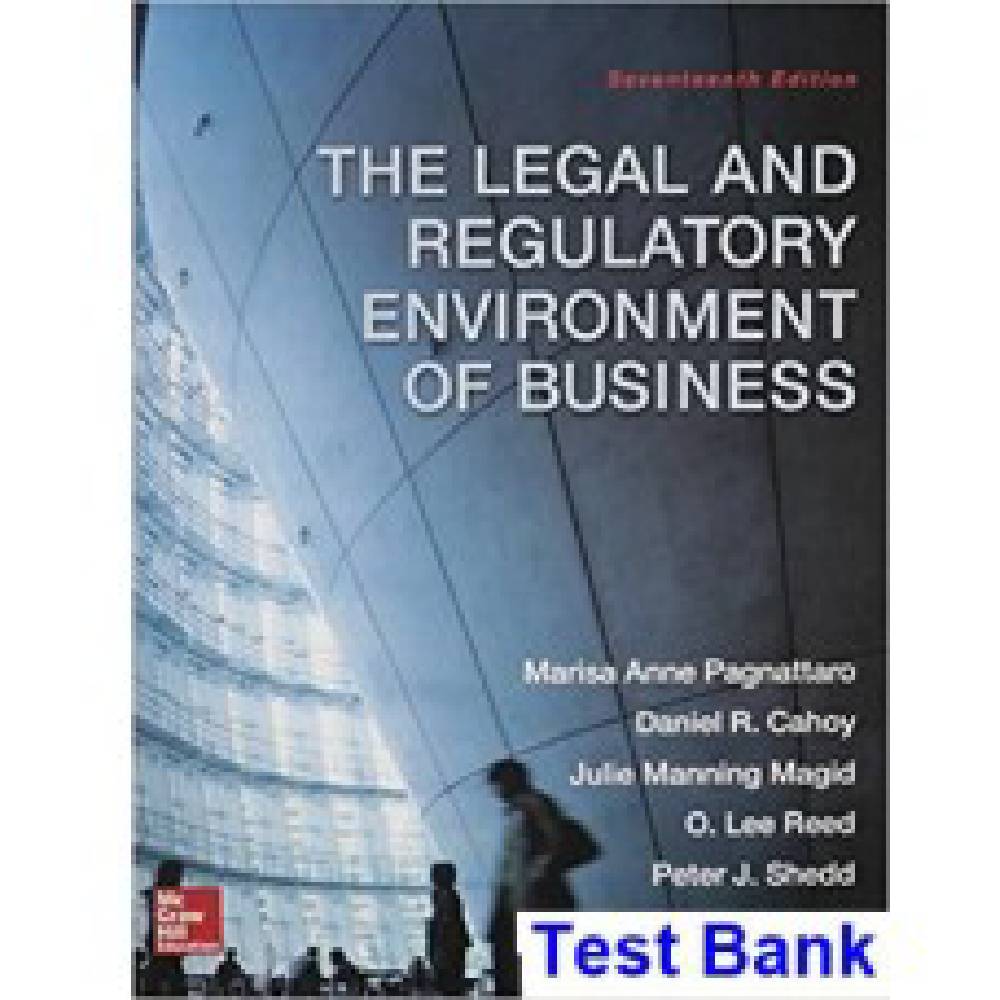


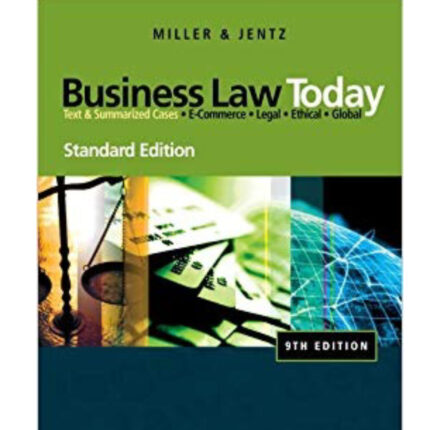
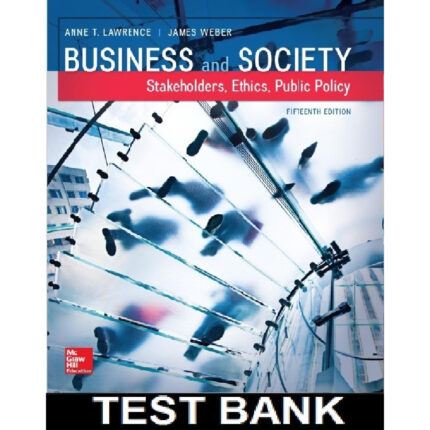

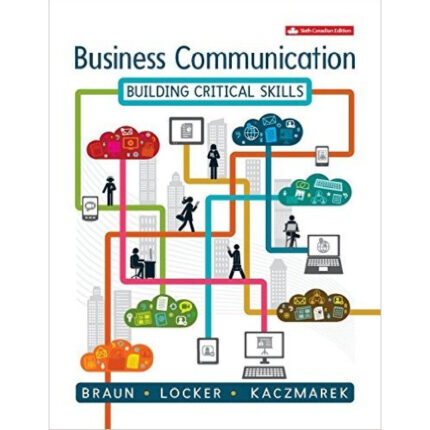


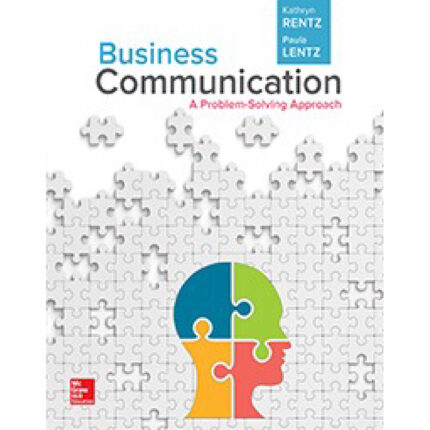

Reviews
There are no reviews yet.